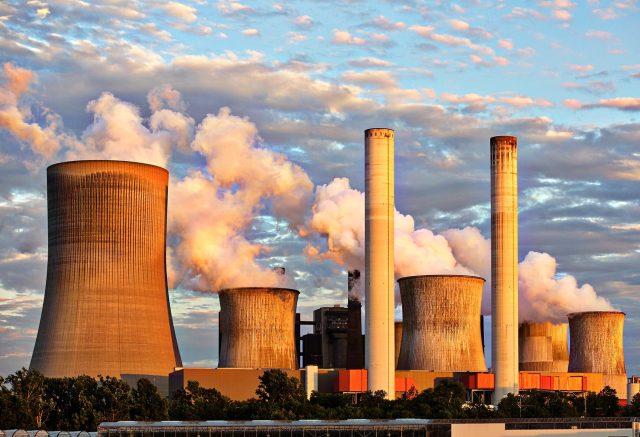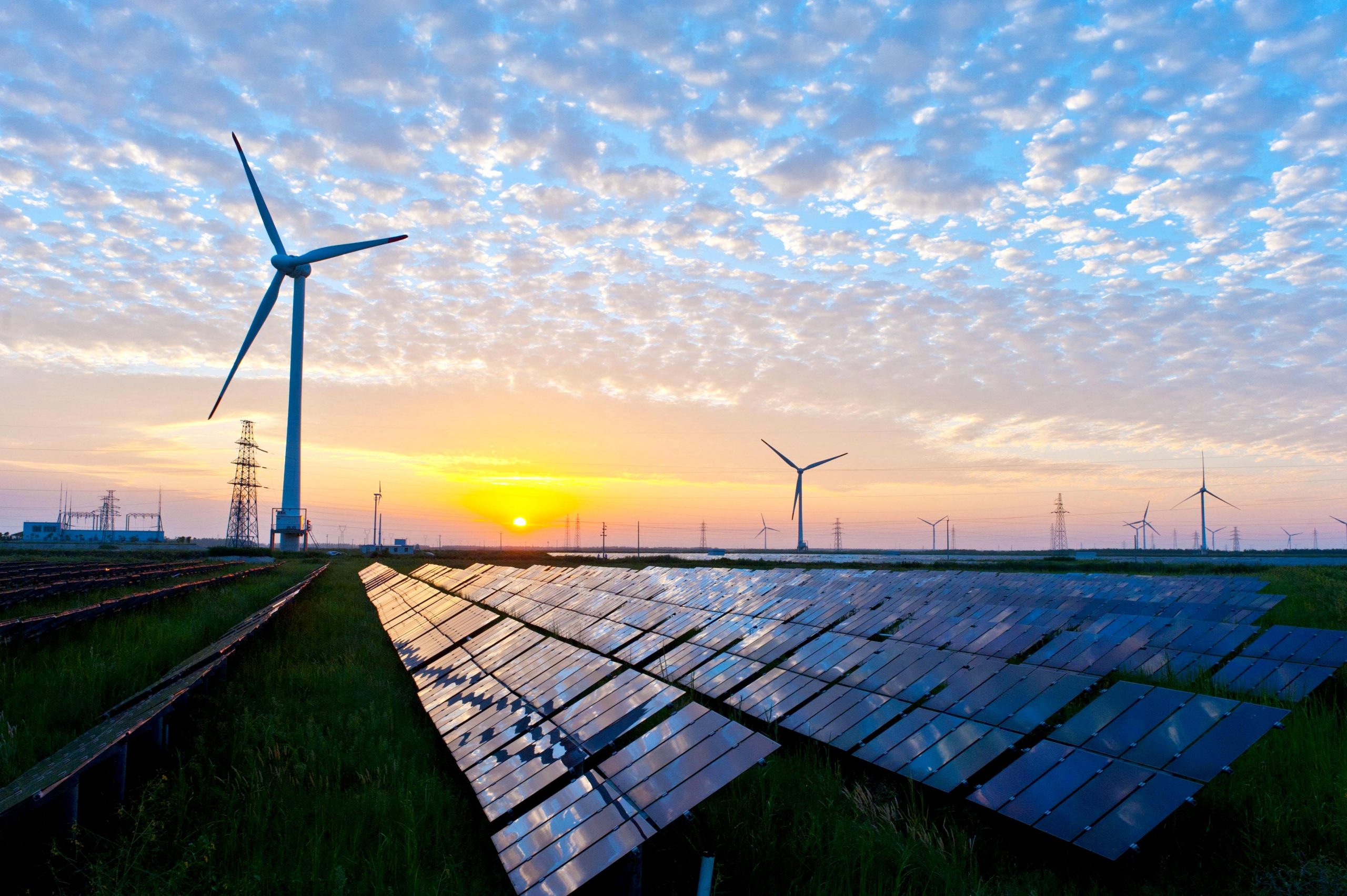
The European Union is taking its anti-pollution commitments extremely seriously, trying to set the pace in the race to fight pollution in all member countries. Over the past decade, the EU has taken a leading role in the fight against climate change while other major world powers have faltered or even regressed, or simply refused and still refuse to play their part in causing global pollution. The attitude of the EU executive in this regard is strange, to say the least, given that the EU seems to be running this marathon in a sustained, unwavering manner, ahead of the pack, with the world’s major polluters deliberately lagging behind, as if to avoid exhausting their resources. The EU’s environmental policy, with its Green Deal and Industrial Green Deal, is all the more remarkable because the EU bloc’s desire to contribute to protecting the air the planet breathes seems disproportionate to the harm it does compared to other countries.
EU 3rd in total greenhouse gas emissions to the atmosphere
Although the EU ranks third in total greenhouse gas emissions, five countries, none of them in the EU bloc, are responsible for more than 60% of global pollution. The world’s biggest polluters, who have historically “competed” for the top spot, are China and the US, followed by India, Russia and Japan, reveals a study by the Global Carbon Project.
35% of total global carbon dioxide and methane emissions from just 20 companies
On the other hand, according to an analysis by Richard Heede of the US-based Climate Accountability Institute, the world’s largest authority monitoring the environmental impact of fossil fuels, 20 companies worldwide contribute 35% of all global carbon dioxide and methane emissions. These are companies in the energy industry whose activities have had a significant impact on the environment over the past six decades. They include Chevron, Exxon, BP, Shell, Saudi Aramco and Gazprom. PetroChina is also on the list, but officials say it is a separate company from its predecessor, China National Petroleum, and had no influence or responsibility for the former’s environmental impact. No EU companies are on this list either.
The EU’s pledge to reduce CO2 emissions by at least 55% by 2030 and achieve climate neutrality by 2050, and the €1,800 billion European Green Pact is more than generous. Over the past two decades, the EU has not only collaborated but also competed with the US on climate change initiatives. Unfortunately, at first glance, in the rush to save the planet, the EU risks sacrificing its economy.
The US was the only country to withdraw from the Paris climate change agreement in Republican Donald Trump’s first days in office because he made it clear he “doesn’t want to sacrifice the American economy”. The US also rejoined the agreement on the first day of the new Democratic President Joe Biden’s term, for whom environmental issues have been high on his election agenda. Biden’s announced targets – a 50-52% drop in carbon emissions from 2005 levels by 2030 – are almost double the commitment of his Democratic predecessor Barack Obama, who had set a target of 26-28% by 2025. At the same time, the Biden administration is pressuring China – and has encouraged others to do so – to cut emissions and assume debt payments to developing countries.
According to a statement by Jake Sullivan, the US national security adviser, White House climate adviser John Kerry is said to have pushed for this during his July visit to Beijing.
“Every country, including China, has a duty to reduce its emissions,” Sullivan stressed, and “the world must further encourage and even pressure China to take much more radical steps to reduce its emissions.”
The competition between the world’s two largest economies has also been felt in their stance on Brussels’ Loss and Damage initiative to create a special fund from which developing countries would be compensated and to which major polluters would contribute.

The US finally agreed to this initiative last year in Sharm-el-Sheik (Egypt) at the COP27 (UN Climate Change Conference) after rejecting the idea at the previous meeting due to conditions set by China. The “Damage and Loss” initiative invokes the moral responsibility of industrialised countries, which for almost two centuries have been the main sources of pollution. China, however, claims to be a developing country.
Unlike the EU, China is committed to becoming carbon neutral only in 2060. By then, Chinese president Xi Jinping has given assurances that his country will reduce coal use from 2026. But by 2022, China has approved the most new coal-fired power plants since 2015, according to a report by the Center for Energy and Clean Air Research (CREA) and the Global Energy Monitor (GEM). China’s carbon emissions are now more than double those of the US and the trend is upwards. And this at a time when Europe and the US are taking serious steps to lower them.
The European Union is not only competing with the US in targets, but also in generous allocations of funds for green industry. The EU’s counteroffer to the IRA – the massive US subsidy plan – is the so-called Green Deal Industrial Plan. But according to a Politico analysis it’s entering a “bidding war” it can’t win.
The $369 billion US Inflation Reduction Act (IRA) is an initiative that would raise fears among the Brussels executive that it could draw European business across the Atlantic. The fear was made clear by Commission President Ursula von der Leyen.
“We must have an alternative to the offers launched abroad. We want industry to stay here, to thrive here,” she said at the launch of the Green Deal Plan.
The Green Deal Industrial Plan comes with tax cuts for sustainable companies, aims to redirect cash to “clean” technology industries and relax state aid rules. But the plan faces major criticism for two reasons, Politico reports. First, it relies heavily on existing funding lines rather than new ones – the Commission is tapping into unspent funds from the €800 billion mechanism that finances national NRENs, and wants tax breaks for green firms under its REPowerEU alternative energy fund, which has “repackaged” €220 billion in unused loans, with an additional €20 billion in new pooled loans. Second, it risks antagonising EU countries because of fears that most of the subsidies will go to the big countries, especially Germany and France. This is despite the fact that these two have received 80% of the subsidies approved by the Commission in 2022.
“The EU is making an important move for the green transition. But firms will decide for themselves where the most attractive business environment is,” an American official was quoted by Politico as saying.
Without substantial subsidies Europe’s car industry is at risk
The EU and US are also fighting over the taxation of electric cars, only the methods are different. Biden announced an ambitious policy proposal early last year that could require electric vehicles to account for two-thirds of new cars sold in the US by 2032. As a result, the US Department of Energy has announced plans to help the auto industry transition to electric vehicles with $12 billion in loans and grants. The program aims to build or renovate factories in communities with existing auto manufacturing facilities and strengthen the domestic electric vehicle supply chain. At the same time, “car manufacturers in Europe are facing an asymmetric challenge”, said Luca de Meo, President of the European Automobile Manufacturers Association.
“We are no longer at the front of the technology race (…) while subsidies in the EU for zero-emission electric vehicles are declining, we are seeing massive support from our competitors in China and the US,” the ACEA official remarked in the context of discussions about the introduction of the new Euro 7 pollution standard, which would make the transition to electric cars in Europe by 2035.
In the absence of substantial subsidies, some voices warned at the time that the new rules put Europe’s car industry and investment in the sector at risk, and would hurt the economies of some countries by threatening thousands of jobs.
“In their current form, the Euro 7 pollution rules put the car industry across Europe at risk. At the same time, they put jobs at risk,” warned Czech transport minister Martin Kupka.
On the other hand, a coalition of eight countries have signed an unofficial document accusing the European Commission of burdening carmakers with additional obligations, Euronews reported in context.



 Subscribe
Subscribe